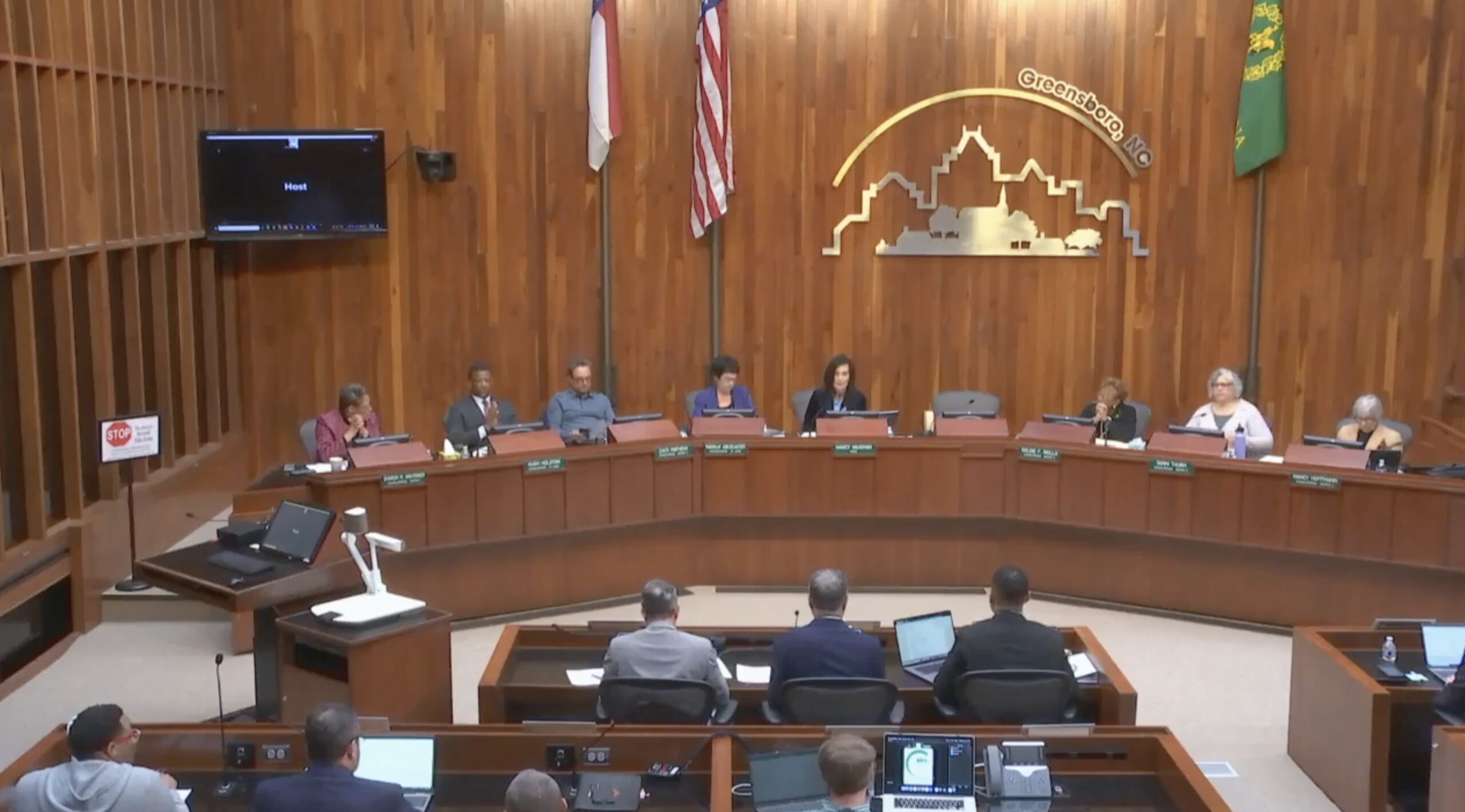
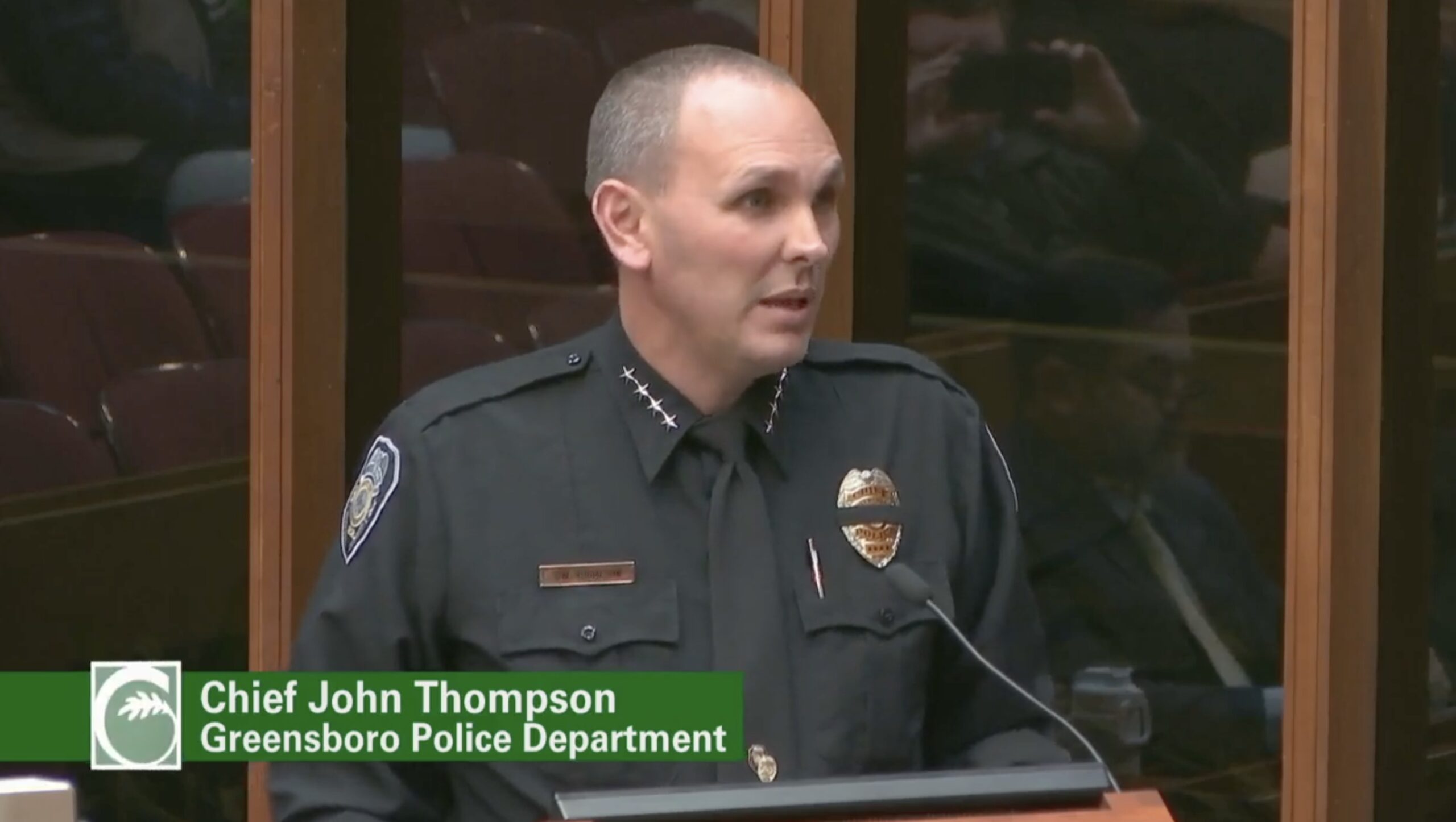
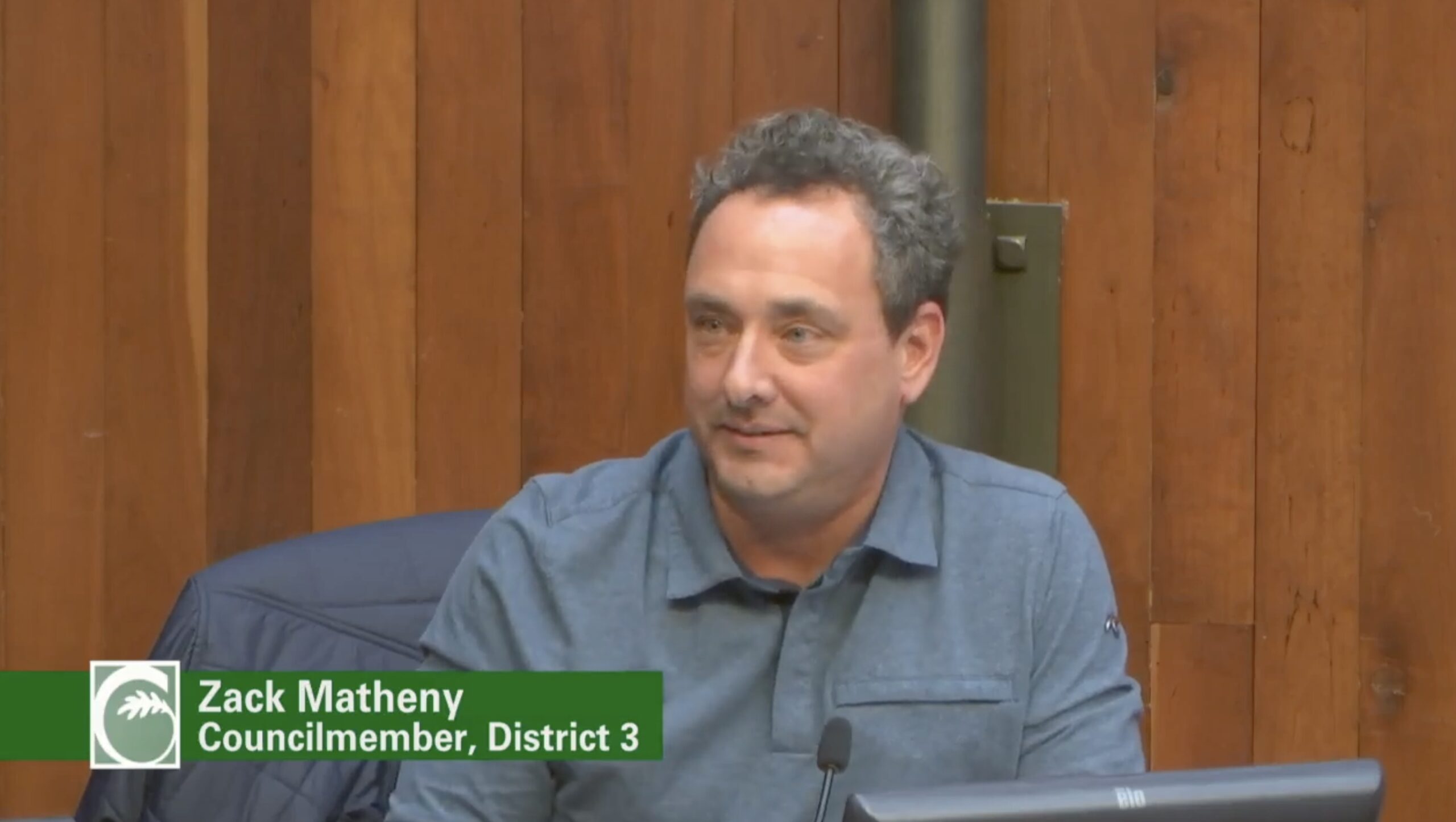
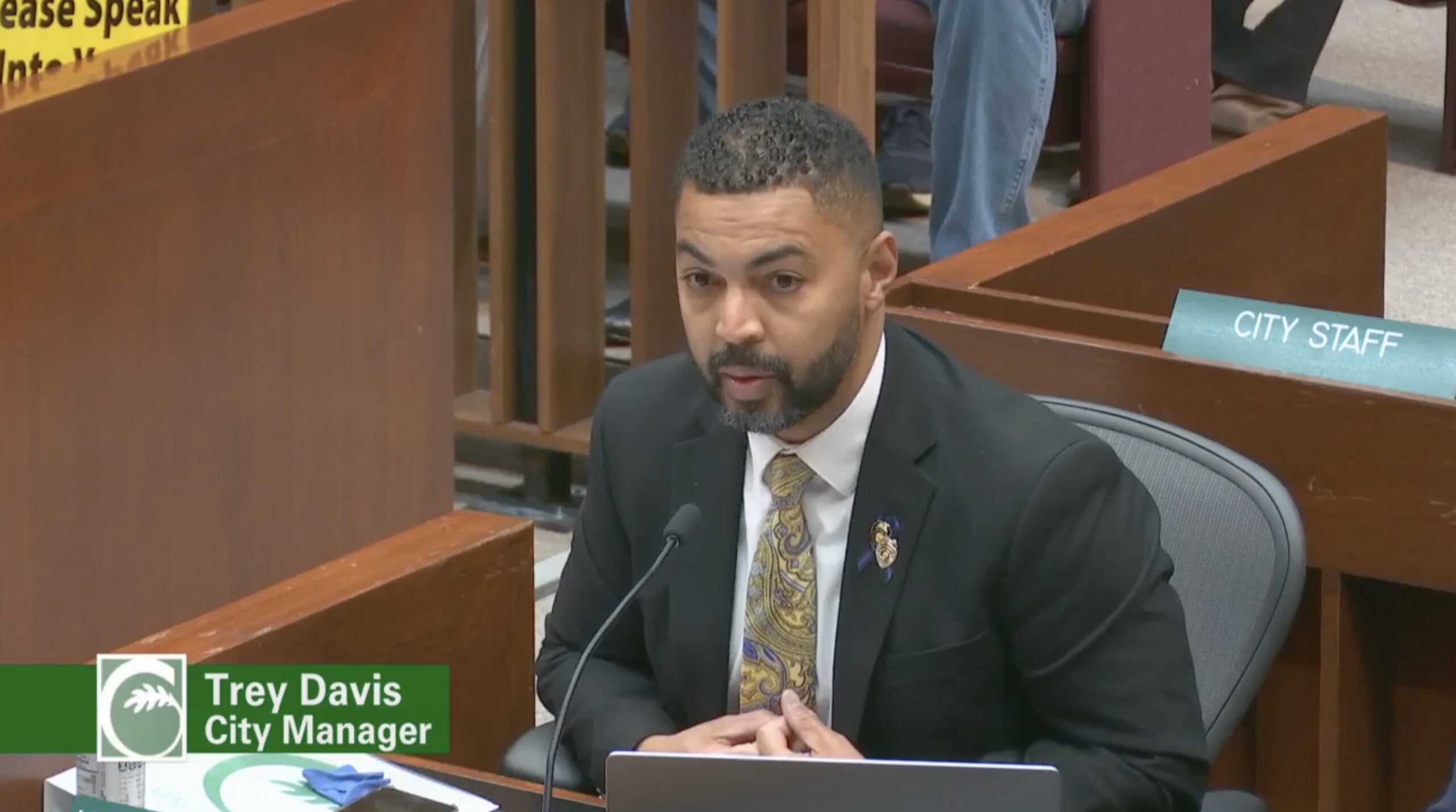
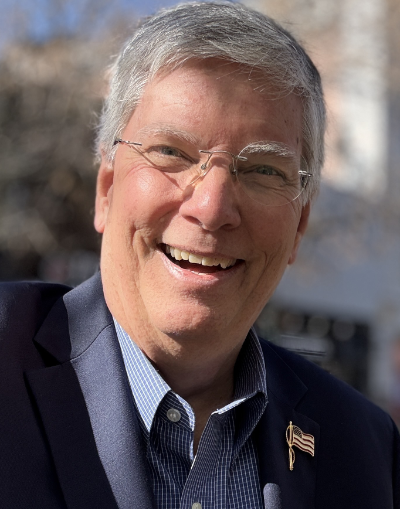 Building Trust, Accountability, and a Safer Future for Greensboro
Building Trust, Accountability, and a Safer Future for GreensboroWritten by Nicky Smith
As I reflect on the recent statements made by Trey Davis, Greensboro City Manager; Chief John Thompson of the Greensboro Police Department; and Councilmember Zach Matheny, I am compelled to share my thoughts on how we can better support our police officers while addressing critical concerns within our judicial system.
Trey Davis acknowledged the recent tragedies that have shaken our community, including the heartbreaking loss of Officer Michael Horan. He emphasized the professionalism and dedication of our police officers and city staff during these trying times. However, he also reminded us that public safety is not just a police issue—it requires active involvement from the entire community.
Chief John Thompson built on this by shedding light on the challenges our police face daily. Despite dealing with the loss of a fellow officer, the department has continued to work tirelessly to address violent crime and other public safety issues. The Chief shared some hard truths about staffing shortages, systemic violence, and the importance of community collaboration. His plea for greater community engagement was clear: preventing violence requires proactive involvement, not just reactive measures.
Zach Matheny brought a different, yet equally important, perspective. He highlighted a broken judicial system that often undermines the hard work of our police officers. When repeat offenders are released back into the community due to leniency or delays in the court system, it demoralizes law enforcement and puts our residents at risk. His frustration was palpable, and his call for judicial accountability resonated deeply.
As I sat in the chamber during the January 7th City Council meeting, I couldn’t help but feel a mix of hope and concern. Hearing firsthand the updates and challenges shared by Trey Davis, Chief John Thompson, and Zach Matheny brought the stark reality of Greensboro’s public safety issues into sharper focus.
One moment that stood out was Chief Thompson’s call for greater community involvement. His words reinforced what I’ve long believed: Greensboro’s safety cannot rest solely on the shoulders of our police officers. It was inspiring to hear about the innovative programs already in place, but it was also clear that much more needs to be done.
What struck me the most, however, was the depth of the challenges within our judicial system. Zach Matheny’s frustration with repeat offenders and the leniency of court rulings was something I’ve heard echoed by residents across our city. We cannot expect our police officers to succeed if the system continually undermines their efforts by releasing violent offenders back into our neighborhoods.
Crime in our city is personal for all of us. We see its impact on our families, our neighbors, and our communities. Sitting in that meeting, I couldn’t shake the feeling that we were at a critical juncture. While I am deeply grateful for the dedication of our police department, I am also keenly aware that they are fighting an uphill battle.
Traffic safety is another issue that weighs heavily on my mind. Residents consistently tell me about reckless driving, red-light runners, and near misses. These aren’t just inconveniences—they are life-threatening hazards. Chief Thompson’s commitment to addressing traffic concerns is encouraging, but it’s clear we need more resources to tackle this issue head-on.
Most importantly, I left the meeting with a renewed urgency to address the systemic gaps in our judicial process. If we don’t hold our courts accountable for properly adjudicating cases and ensuring repeat offenders are not released prematurely, we are failing not only our police officers but also every resident of Greensboro.
Chief Thompson made a powerful point: the police cannot solve these problems alone. Community engagement is essential. Programs like the Office of Community Safety, BHRT (Behavioral Health Response Team), and civilian traffic enforcement are steps in the right direction, but they need more support. Nonprofits, faith-based organizations, and neighborhood associations must step up and work hand-in-hand with the police to address the root causes of violence.
While enforcement is critical, prevention is equally important. Chief Thompson’s push for intervention and mitigation programs through the Office of Community Safety is something we should all champion. These initiatives address the core issues—domestic violence, youth engagement, and economic disparities—that often lead to crime. Let’s advocate for increased funding and support for these programs in the city’s budget.
Councilmember Matheny was spot-on when he called out systemic failures within the judicial system. Too often, repeat offenders are released back into the community with minimal consequences. This not only jeopardizes public safety but also erodes trust in our institutions. We must push for judicial reform at the local and state levels to ensure that accountability is prioritized. Let’s start by paying closer attention to our judicial elections and holding judges accountable for their decisions.
Our police officers are doing an incredible job under challenging circumstances. From reducing homicides by 42% last year to increasing violent crime arrests, they are making measurable progress. However, they need more human and technological resources to sustain this momentum. The proposed addition of 30 officers through the federal COPS grant is a step in the right direction, but we must ensure these positions are funded and prioritized.
Traffic safety is one of the top concerns for many Greensboro residents, as noted by Chief Thompson. Expanded traffic enforcement squads and civilian programs can alleviate some of this burden. Public awareness campaigns about safe driving can also help prevent accidents and save lives.
The issues we face in Greensboro are not unique, but our response can set us apart. By fostering stronger collaboration between the community, police, and judicial system, we can create a safer and more equitable city. Let’s honor the memory of Officer Heran and all those impacted by violence by taking action.
As your advocate on the Greensboro City Council, I am committed to pushing for reforms that address these challenges head-on. Together, we can make a difference. Let’s continue to engage, invest, and hold all stakeholders accountable for the future of our city.
Watch the video at https://www.youtube.com/watch?v=0Ldy26J-GCA
Let’s build the future our city deserves. Greensboro is ready for a new era—let’s get to work.